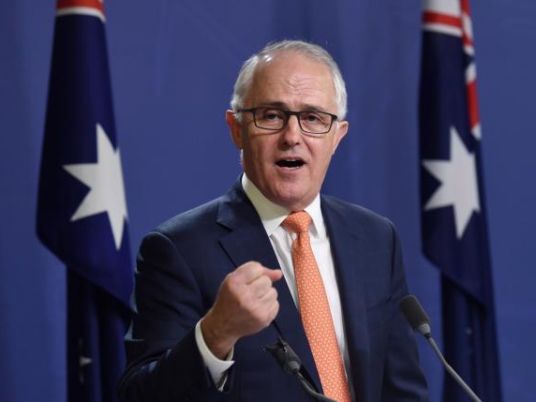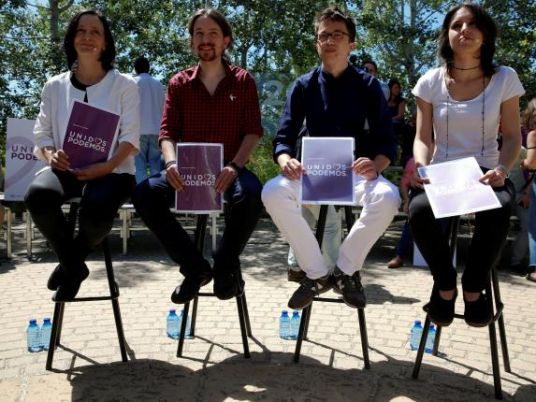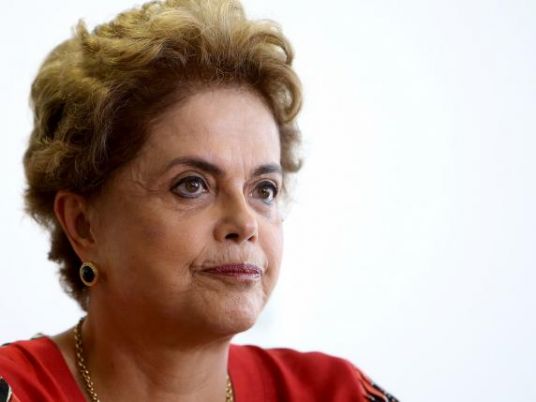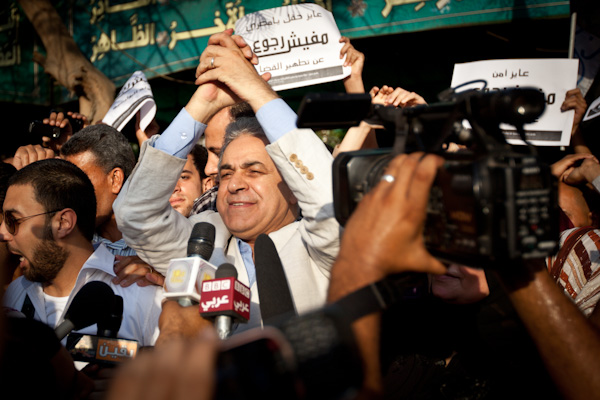The country’s main secular coalition, dubbed the Egyptian Bloc, has yet to finalize its electoral list for parliamentary elections, scheduled to begin 28 November, as the candidate nomination process draws to a close.
The Egyptian Bloc, which is comprised of 18 secular parties, said in a statement that it was almost done with its final candidate lists, and that the bloc would contest 90 percent of the seats in both the People’s Assembly and the Shura Council.
Judicial committees opened the week-long application period last Wednesday.
The bloc’s lists are “free from any remnants of the defunct National Democratic Party,” according to the statement, and the parties insisted they would field candidates exclusively with the coalition.
However, four groups and parties – The Free Egyptian, the Socialist Democratic Alliance, Youth for Justice and Freedom, and the Egyptian Current – recently left the coalition in protest over members of the former regime being added to the electoral lists.
Things are less clear with Egypt's other main emergent political bloc, the Democratic Alliance. Initially led by the liberal Wafd Party and the Muslim Brotherhood’s Freedom and Justice Party, the alliance is left struggling to finalize candidate lists from the remaining member parties after the two groups splintered from the coalition over the lists.
The Democratic Alliance was further weakened when various Islamist parties left as a result of growing conflicts with the leading Freedom and Justice Party over creating unified electoral lists.
“The Democratic Alliance began as a political alliance to agree on a document to stipulate what the modern Egyptian state would look like," said Essam Shiha, a member of the Wafd Party’s High Council. "From that emerged talk of a combined effort in the parliamentary elections on the same lists.
“It appeared that there was an overflow of candidates from the Wafd and the Freedom and Justice Party, and many party leaders wanted to run due to the feeling that the next parliament is the most important in Egypt’s history because it will set the new constitution,” he added.
Other parties in the alliance objected to the Wafd and the Freedom and Justice Party having the lion’s share of nominees – 70 percent in total, Shiha said – and the two main parties were also wary about carrying the other 30 member parties that are not as well-known to voters.
There has been speculation that the Wafd may join the Egyptian Bloc as their liberal leanings are more closely aligned.
Mohamed Ghoneim, head of the bloc's executive committee, said he could not confirm the rumors.
"There are always discussions with everybody, but at the moment we are more concerned with preparing our lists for the elections, and that’s what we are focusing on,” he said.
Shiha said the Wafd will not join the bloc, at least for upcoming elections. The party will field its own list, he said, but is amenable to other parties joining in if agreements can be reached.




